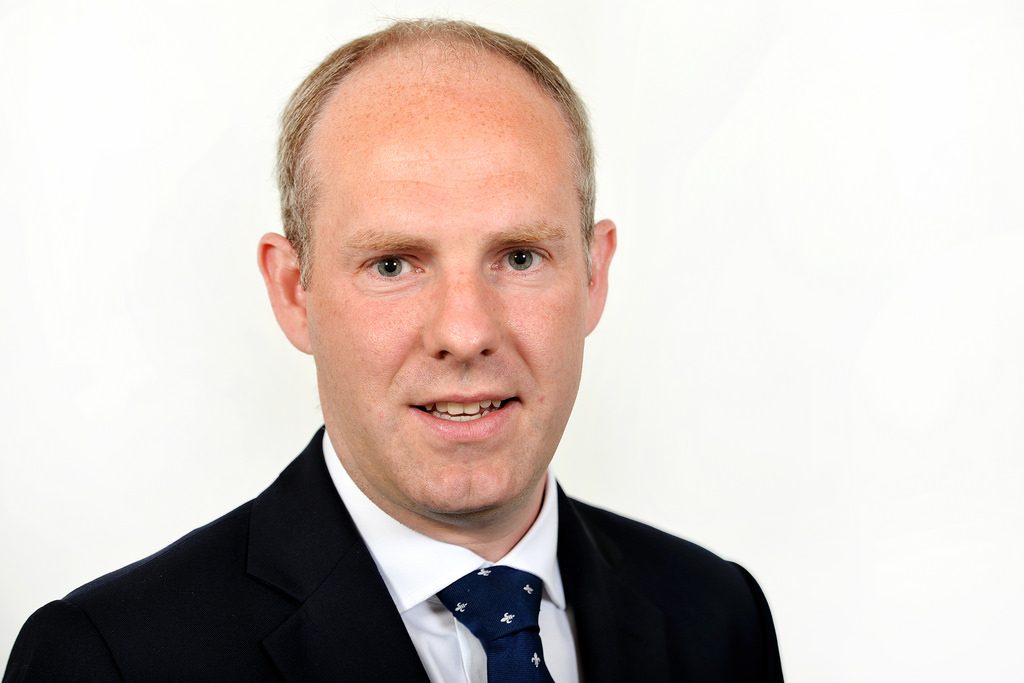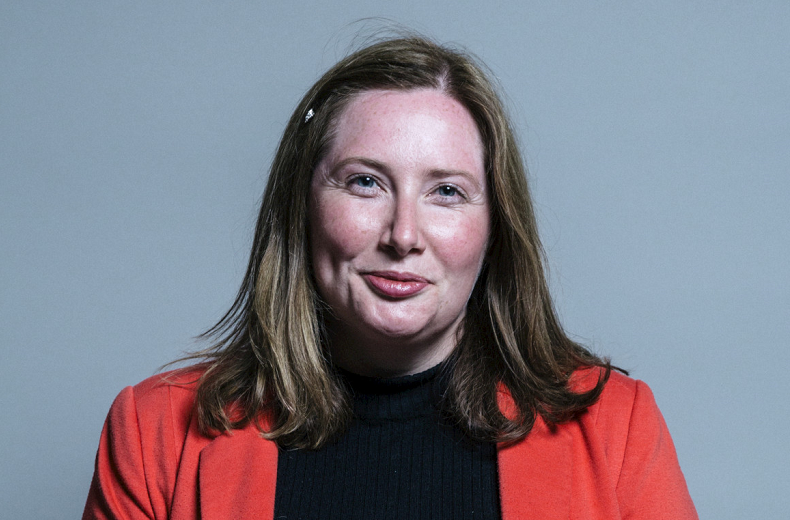The Shadow Minister for Children and Families, Emma Lewell-Buck MP launched a stinging attack on government policies that have ‘led to 14 million people living in poverty’ in the first parliamentary debate on the UN Special Rapporteur on Extreme Poverty and Human Rights, Professor Philip Alston’s report following his official visit in November 2018.
The Labour MP for South Shields tabled an adjournment debate and in her opening remarks thanked Alston for highlighting, ‘the degradation, shame and harm this government is inflicting on those that they govern that has led to 14 million people living in poverty.’
Lewell-Buck highlighted that Alston’s report noted that the government’s welfare reform programme and policies, in particular Universal Credit, appear to be focused on ‘achieving radical social re-engineering’, and quoted Trussell Trust figures that show food bank usage has increased by 52% in areas where Universal Credit has been implemented.
She went on to say that rather than simplifying benefits and making the system more efficient, Universal Credit is an exercise in ‘demonising and dehumanising’ benefit claimants and had resulted in ‘an unrelenting onslaught of abject harm on three million people.’
In an impassioned speech, she also strongly criticised delays in Universal Credit payments, stating that the 35 day delay embedded into the system, ‘leads to absolute destitution and despair’ and the denial of benefits payments for missing appointments for reasons including relatives had died unexpectedly, the claimant had been admitted to hospital or was attending job interviews.
Lewell-Buck also called for an end of policies that have severely impacted disabled people and created a disability culture based on ‘downright cruelty’, and described the Work Capability Assessment that determines the level of Employment and Support Allowance disabled people receive as the ‘most damning policy of our time.’
Junior Minister: Government Will Give ‘Very Serious Consideration’ to UN Report
 Junior Minister Justin Tomlinson responded to Emma Lewell-Buck MP Credit: Flickr Number 10
Junior Minister Justin Tomlinson responded to Emma Lewell-Buck MP Credit: Flickr Number 10
As part of the adjournment debate, the Under-secretary of State for Work and Pensions, Justin Tomlinson MP responded to Lewell-Buck and said the government will give ‘very serious consideration’ to the findings of Philip Alston’s full report into extreme poverty and human rights in Britain, which is due in spring.
Previously Work and Pensions Minister, Amber Rudd had dismissed and criticised Alston’s interim report, while a spokesperson for Prime Minister Theresa May, said, ‘We strongly disagree with the analysis’
Tomlinson also said that many of the issues raised in the report were being tackled through additional funding or working with stakeholders, stating that an extra £2 billion was being spent on Universal Credit compared to legacy benefits, or the benefits system that preceded Universal Credit.
Tomlinson praised Universal Credit for simplifying a ‘complex and confusing’ benefits system that had led to billions of pounds worth of benefits being unclaimed, and highlighted the government had committed to tackling homelessness through putting in £1.2 billion
The Junior Minister in Work and Pensions reiterated his and the government’s commitment to ‘unlock everybody’s potential’.
Alston: ‘Austerity Could Easily Have Spared the Poor’
Professor Philip Alston made an official two week visit to the UK in November 2018 and prior to his visit received over 280 submissions from civil society, individuals, and academics evidencing the effects of poverty on society in the UK.
During his visit Alston attended meetings across in England, Wales, Scotland and Northern Ireland to hear directly from affected by poverty.
Alston’s interim report, which was the focus of the adjournment debate published at the end of his visit,describes the level of child poverty in Britain as, ‘not just a disgrace, but a social calamity and an economic disaster.’
For almost one in every two children to be poor in twenty-first century Britain is not just a disgrace, but a social calamity and an economic disaster, all rolled into one.
Professor Philip Alston, UN Special Rapporteur on Extreme Poverty and Human Rights
It points to shocking levels of poverty, food insecurity and destitution, highlighting that 14 million people, one fifth of the population, live in poverty, with four million of these more than 50 per cent below the poverty line, and 1.5 million are destitute.
Alston criticises Universal Credit and the impact of austerity on local authority services and highlights how welfare reforms and austerity disproportionately impact women, children and disabled people.
In his strongly worded interim report, Alston describes austerity as a ‘political choice’ that has unnecessarily inflicted hardship on people living in poverty.
He states, “The experience of the United Kingdom, especially since 2010, underscores the conclusion that poverty is a political choice. Austerity could easily have spared the poor, if the political will had existed to do so. Resources were available to the Treasury at the last budget that could have transformed the situation of millions of people living in poverty, but the political choice was made to fund tax cuts for the wealthy instead.”
Featured image: Emma Lewell-Buck MP
Featured image credit: Wikimedia Commons







